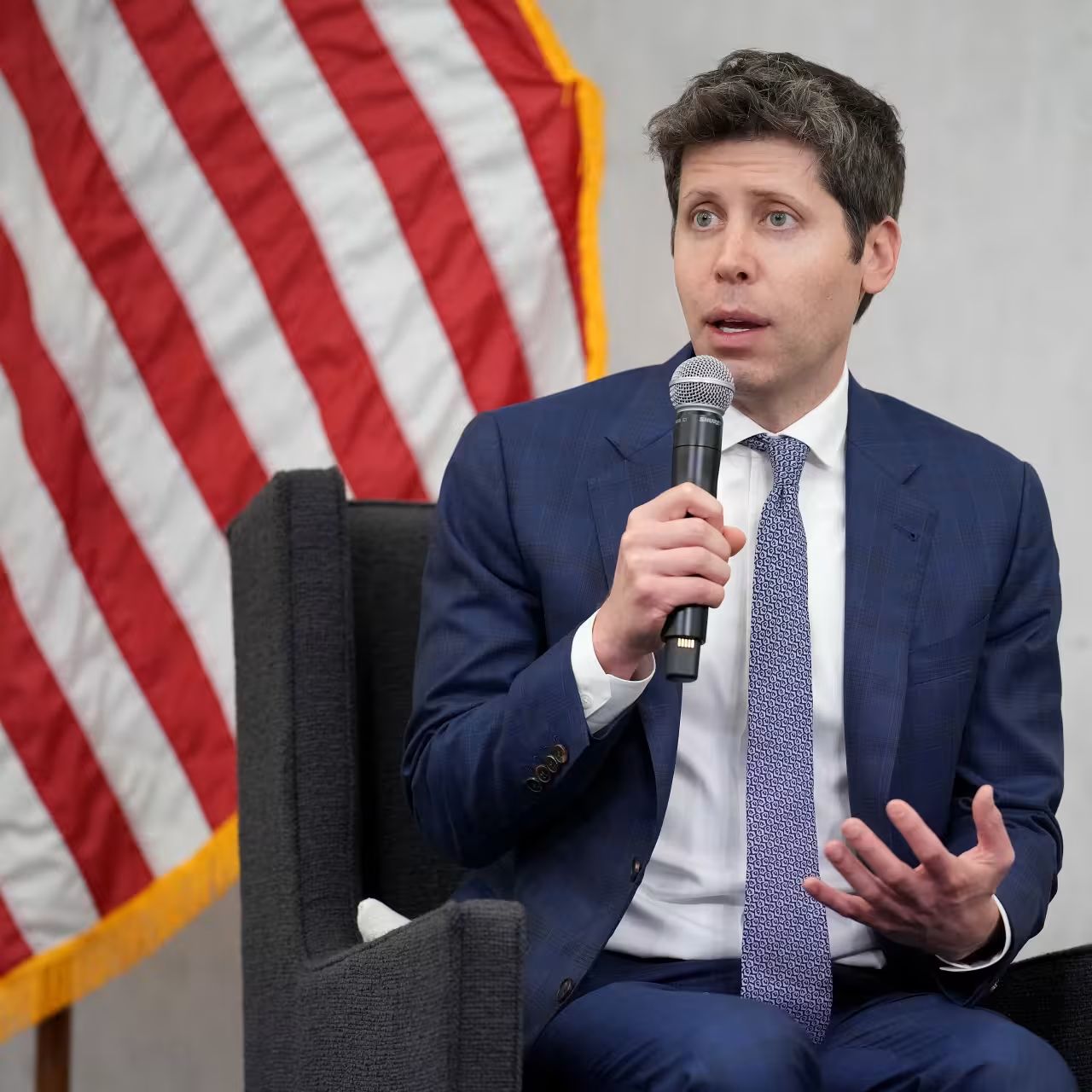- Markets - Around The World
- Posts
- PayPal Captures India's UPI & WeChat for 'PayPal World'
PayPal Captures India's UPI & WeChat for 'PayPal World'
& How AI can lead to 'Fraud Crisis'
Sam Altman Sounds the Alarm on ‘AI-Driven Fraud Threat’
OpenAI CEO Sam Altman warned of a looming “fraud crisis” driven by deepfake AI, especially targeting financial systems relying on outdated voice authentication. He told a Federal Reserve conference that AI can now impersonate voices—or even video—so convincingly that nearly all current authentication methods (except passwords) are obsolete

Altman pointed out that voiceprint security—common among some banks in US & Canada for high-value transfers—is already defeated by AI-generated voices. He urged regulators and financial institutions to completely overhaul verification systems, stressing the urgency, calling it “a crazy thing to still be doing”
With AI scam tactics advancing rapidly, the stakes are high: the next wave could involve large-scale impersonation, deepfake financial fraud, or even coordinated cyberattacks. The Fed’s Michelle Bowman responded by proposing new partnerships to build AI tools designed to detect and combat voice and video forgery before it floods the system.
‘PayPal World’ Aims to Unlock Cross-Border Payments for 2 Billion Wallet Users

PayPal is rolling out PayPal World, a new global payment platform that connects major local wallets — including India’s UPI, China’s WeChat Pay, and Latin America’s Mercado Pago — to enable seamless cross-border transactions. Users will be able to pay abroad using their home wallets, with no PayPal account required.
The partnerships represent a massive addressable market: UPI processed $238 billion in transactions in June alone, while Mercado Pago saw $58.3 billion in Q1. PayPal and Venmo users will soon be able to pay through WeChat QR codes in China, or checkout with UPI when shopping U.S. websites.
Set to launch this fall, PayPal World positions itself as a unifying layer over fragmented payment rails. With 2 billion+ users potentially connected, it could reshape how global consumers shop, travel, and move money — one wallet at a time.
Amazon Buys Bee: The Future of Personal AI Is Getting a Wrist Upgrade

Amazon has acquired Bee, a startup behind a $50 wearable AI bracelet that passively listens to conversations and uses AI to generate daily summaries, reminders, and suggestions—all without storing actual audio. The device can tie into emails, calendar, location, and photos for richer, personalized insights—but early testers note it sometimes mistakes background media for real speech.
The deal, with terms undisclosed, brings all Bee employees into Amazon’s fold and signals a revival of its wearables strategy—despite discontinuing the Halo tracker in 2023. Amazon assures users that privacy protections (like no audio storage) will continue and be expanded, including a user-controlled mute feature.
This isn’t just a quirky gadget acquisition—it’s strategic. The move positions Amazon as a leader in ambient personal AI, blending always-on assistance with deep context from your life, and reinforcing its commitment to privacy as it builds next-gen AI hardware.